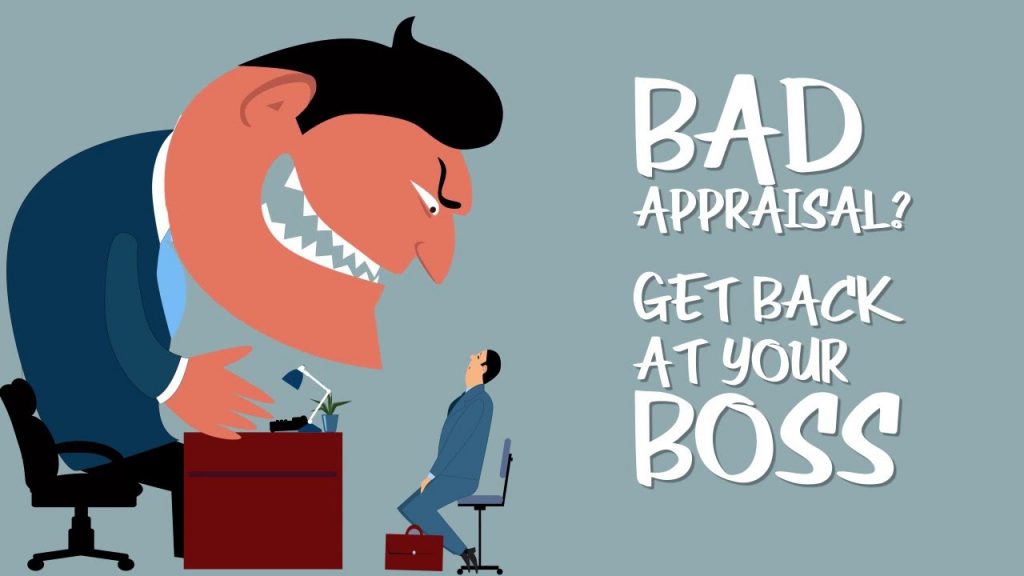Experts across industries believe that a hasty decision taken under the impact of a dissatisfactory appraisal may not be a wise thing to do.
Appraisals are like the sea waves that begin forming somewhere in the middle of the ocean until they reach the land, to sweep away some part of the shore as they recede. The pattern keeps repeating. Similarly, appraisals make some people unhappy and lead them away from their current organisations, while others who receive expected results stay grounded and focussed. However, experts believe that a hasty decision taken under the impact of a dissatisfactory appraisal may not be a wise thing to do.
An appraisal is not about an end result but about an ongoing process of meaningful conversations, feedbacks, guidance, determination, focus and shared vision. It is about aligning individual aspirations with organisational vision and showing people better paths to carry forward both with ease. To do so, it requires both individuals and their managers to work in tandem, with the common aspirations in mind.
“Appraisals are not just about a one-time conversation with the manager on one’s performance over a period of time.”
Mahalakshmi R
In line with that, Mahalakshmi R, head-HR India, Mondelez, says, “Appraisals are not just about a one-time conversation with the manager on one’s performance over a period of time.” Also, she believes that it is not just the managers’ onus, “My suggestion to everyone is to NOT wait for the appraisal, to have the performance conversation,” she adds.
As a proactive measure, avoiding the stress that follows, it is important for every employee to be in constant touch with their manager and vice versa, in order to ensure there are no gaps in performance expectations. “Keep the dialogue with your stakeholders and your manager ongoing – so there are no surprises in the ‘appraisal’ dialogue,” she adds.

Explaining how people generally react to a not-so-good appraisal, a senior industry practitioner says, “The tendency to start looking out for other opportunities when someone is not so satisfied with their appraisal, is a risky proposition. It’s because, one desperate move may land you in the wrong job, in turn impacting your entire career. It’s not wise to look for a job desperately. Instead, look for one smartly. One needs to stay calm and make a smart move and not a hasty one.”
Going further, as a word of advice for budding professionals, SV Nathan, senior director & chief talent officer, Deloitte, says, “Don’t change your job in haste over an appraisal that did not meet ‘your’ expectations. How you respond will determine your happiness, and your growth over time.”
At the same time, Mahalakshmi, says, “Each feedback is a gift, and an opportunity to reflect. Many times talent is not aware of how their actions land on their customers — and the feedback is a great starting point of discovering more about one’s strengths, opportunities and overall impact.”
“Don’t change your job in haste over an appraisal that did not meet ‘your’ expectations. How you respond will determine your happiness, and your growth over time.”
SV Nathan
A senior industry professional explains how people need to look at their ‘not-so-good’ appraisal as an opportunity that will motivate them to take the next big leap in their career rather than a setback in their current job.
“It’s an opportunity to introspect, analyse your stand in the job market, understand the other available roles and positions, and decide on the next big move. Do not, in haste or desperation, move into something parallel to your current level. Think about the kind of job you would have looked out for if you were leaving on a friendly note and not under the influence of a bad appraisal,” he concludes.



